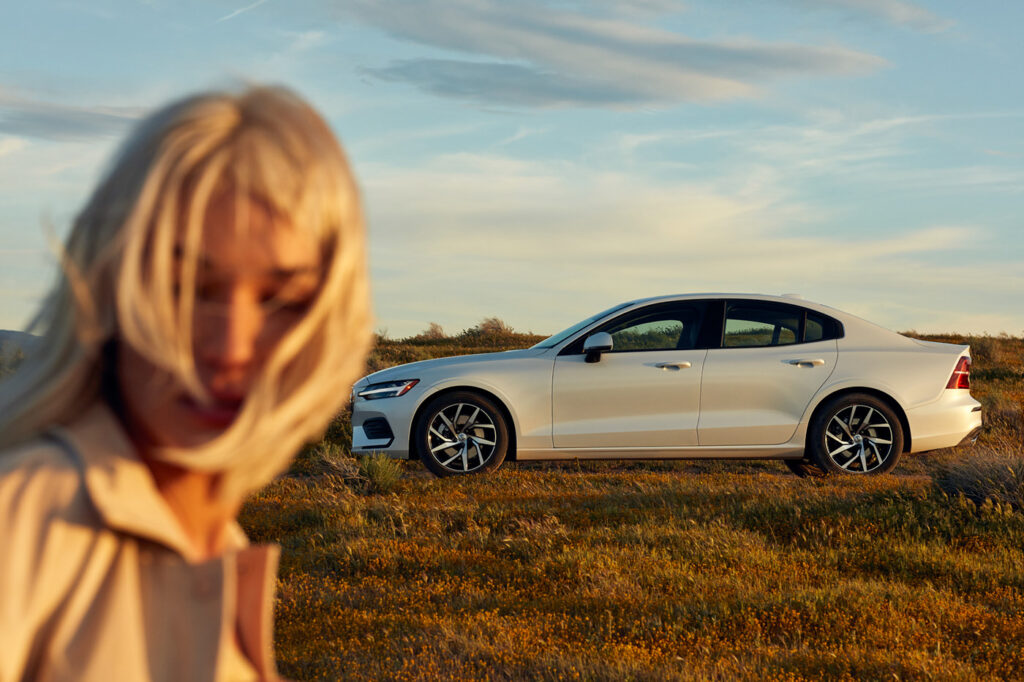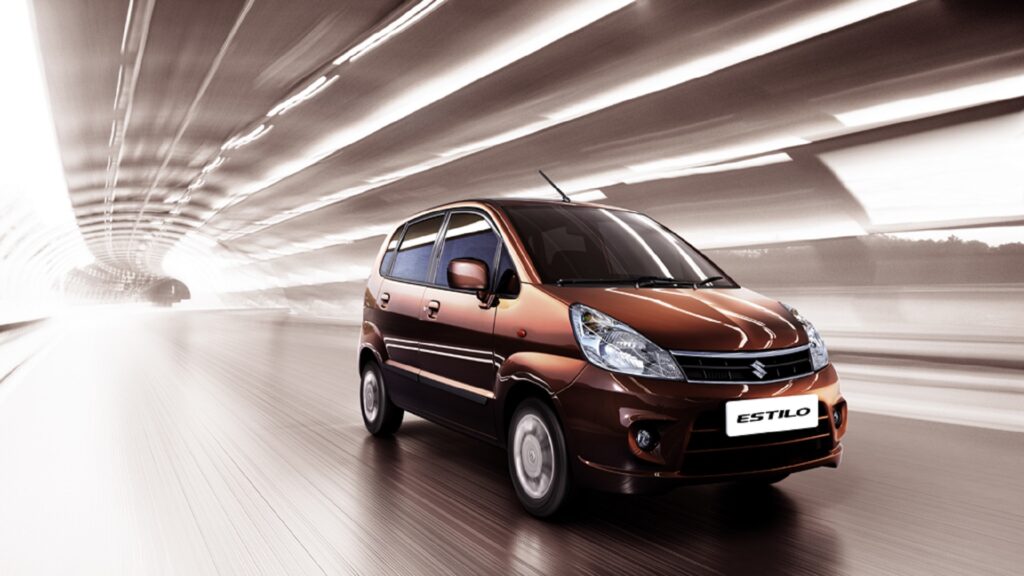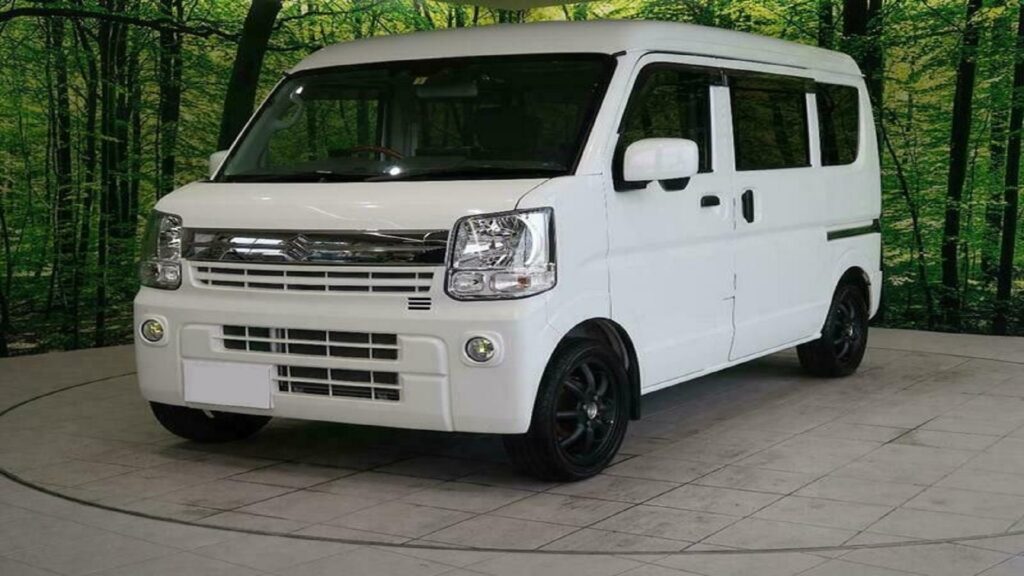Now Reading: 2019 Volvo S60 – The Scandinavian Explorer Imbued with Safety and Humanity
-
01
2019 Volvo S60 – The Scandinavian Explorer Imbued with Safety and Humanity
2019 Volvo S60 – The Scandinavian Explorer Imbued with Safety and Humanity

As the world entered 2020, a series of natural and man-made calamities, including wildfires, earthquakes, wars, floods, and deadly viruses, seemed to serve as reminders of humanity’s overreach and the consequences of ignoring nature’s laws. Amid these events, many began to realize that preserving humankind requires first serving and respecting one another.
In the automotive world, Volvo, the renowned Swedish brand, stands out as a human-centered company. The company has consistently championed safety, saving millions of lives worldwide. Volvo introduced the world to the life-saving three-point safety belt, a standard feature in all modern cars. This invention remains one of the most significant advancements in automotive safety, with Volvo even waiving the patent to allow free global use.

Known as the leading human-centered car brand, Volvo has also introduced technologies like the rearward-facing child seat, side impact protection, rollover protection, and pedestrian detection with full auto-brake, all to ensure maximum safety. Volvo’s innovation extends to environmental responsibility as well, developing the oxygen-sensing probe, which reduces harmful emissions by 90% in petrol engines.
Beyond cars, Volvo’s contributions span various sectors, including transport, maritime, construction, and power supply. Volvo trucks, recognized for their safety and reliability, transport about 15% of Europe’s food, while over 10 million people worldwide rely on Volvo buses for transportation.
The history of Volvo began with Assar Gabrielsson, an industrialist, and Gustav Larson, an automotive engineer, who sought to create a Swedish car company in 1924. Founded as a subsidiary of SKF, a ball-bearing manufacturer, Volvo started producing cars in 1927 with the Volvo ÖV 4. The name “Volvo,” meaning “I roll” in Latin, symbolized motion, strength, and reliability.



Today, Volvo is owned by China’s Geely, with the S60 being one of the first models produced under their ownership in the U.S. The S60, part of the compact luxury sedan segment, comes in several trims, including the Momentum, Inscription, R-Design, and the hybrid T8 Polestar Engineered. Polestar, Volvo’s performance brand, collaborates to produce electric and high-performance models.
While Volvo cars may trail German rivals in raw power and handling, they excel in luxury, spaciousness, interior refinement, and unmatched safety. The boxy design of early Volvos has evolved into a sleeker aesthetic influenced by their historic P800 model, with signature “Thor’s Hammer” headlights—a nod to the Norse god Thor, symbolizing strength and protection.
Volvo’s commitment to human welfare and environmental responsibility is evident in every vehicle they produce. Their emotional and thoughtful advertisements reflect these values, conveying a message that Volvo cars are indeed “driven by humans for humans.”























